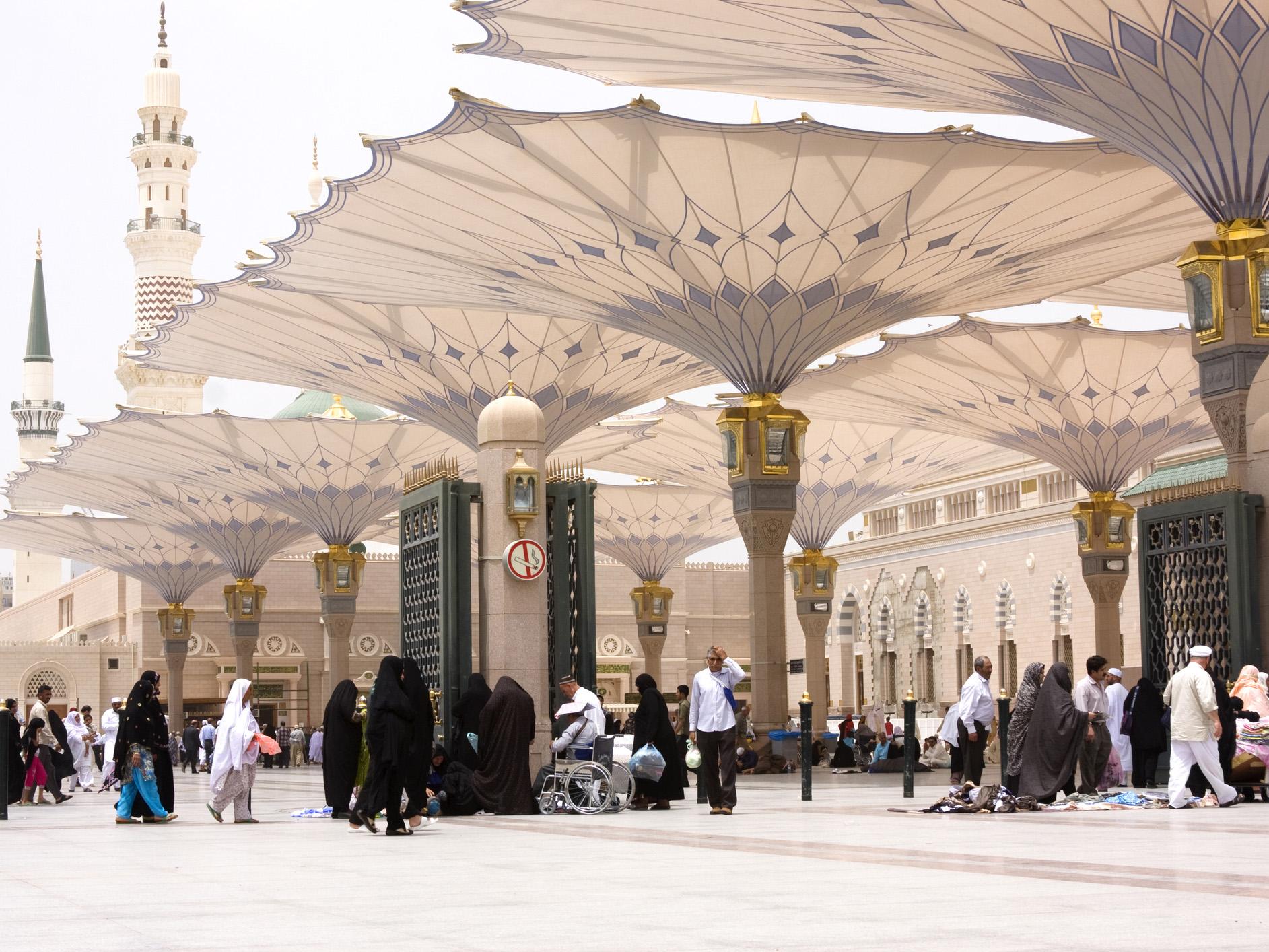Saudi Arabia to allow foreign men and women to share hotel rooms in push to boost tourism
Government hopes reforms will attract holidaymakers to diversify economy

Your support helps us to tell the story
From reproductive rights to climate change to Big Tech, The Independent is on the ground when the story is developing. Whether it's investigating the financials of Elon Musk's pro-Trump PAC or producing our latest documentary, 'The A Word', which shines a light on the American women fighting for reproductive rights, we know how important it is to parse out the facts from the messaging.
At such a critical moment in US history, we need reporters on the ground. Your donation allows us to keep sending journalists to speak to both sides of the story.
The Independent is trusted by Americans across the entire political spectrum. And unlike many other quality news outlets, we choose not to lock Americans out of our reporting and analysis with paywalls. We believe quality journalism should be available to everyone, paid for by those who can afford it.
Your support makes all the difference.Saudi Arabia will allow foreign men and women to share hotel rooms without proving they are related as part of a push to make the country more attractive to tourists, the Saudi tourism commission has said.
Women, including Saudis, will also be permitted to rent hotel rooms by themselves.
“All Saudi nationals are asked to show family ID or proof of relationship on checking into hotels. This is not required of foreign tourists,” the Saudi Commission for Tourism and National Heritage said on Friday.
“All women, including Saudis, can book and stay in hotels alone, providing ID on check-in.”
The move is set to pave the way for unmarried foreign visitors to stay together in the conservative Muslim kingdom, where sex outside of marriage is banned, and for unaccompanied women to travel more easily.
Last week, Saudi Arabia launched a new tourist visa system for 49 countries to attract holidaymakers in the hope of diversify its economy away from oil exports.
As part of the move, visitors will not need to wear all-covering black robes, but alcohol remains banned and tourists must dress modestly.
Saudi Arabia has been relatively closed off for decades with strict social codes.
For example, unrelated men and women, including foreigners, could be severely punished for mixing in public until recently.
The expected influx of tourists, which could reach 100 million annual visits by 2030, could push traditional boundaries further.
In August, the kingdom granted women new rights to travel abroad, as part of changes to the guardianship system that assigns each woman a male relative to approve important decisions throughout their lives.
That move followed the decision to end the country’s heavily-criticised ban on women driving in 2018.
The changes are part of de facto ruler Crown Prince Mohammed bin Salman's ambitious economic and social reform agenda.
Although his plans have received international praise, the prince's image has been tarnished in recent years by the killing of journalist Jamal Khashoggi, a crackdown on dissent, and a devastating war in Yemen.
Until now, foreigners travelling to Saudi Arabia have been largely restricted to resident workers and their dependents, business travellers, and Muslim pilgrims who are given special visas to visit the holy cities of Mecca and Medina.
Agencies contributed to this report
Join our commenting forum
Join thought-provoking conversations, follow other Independent readers and see their replies
Comments